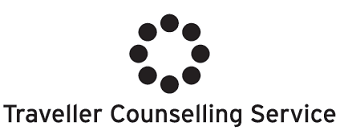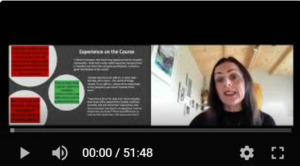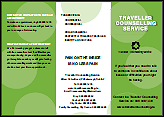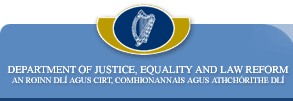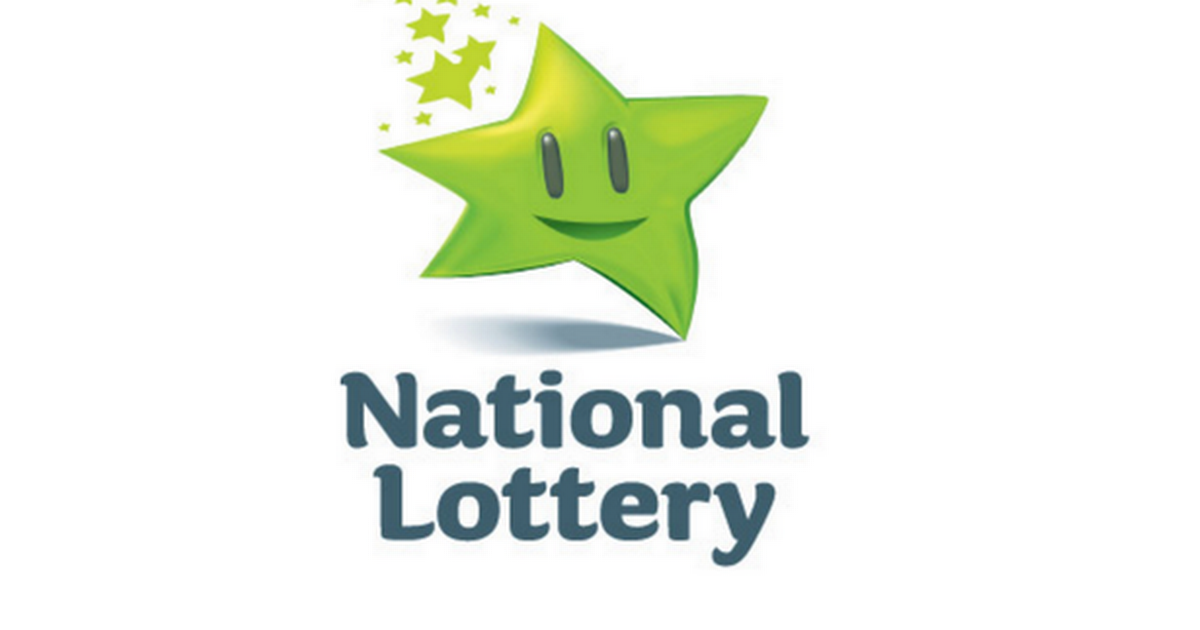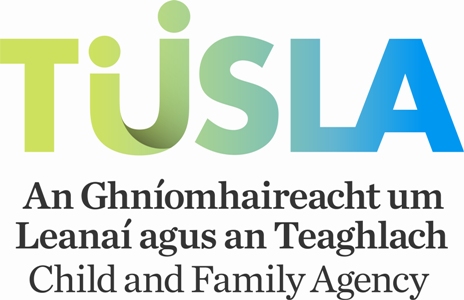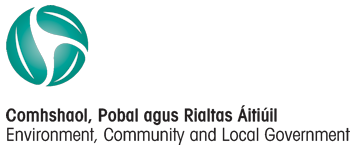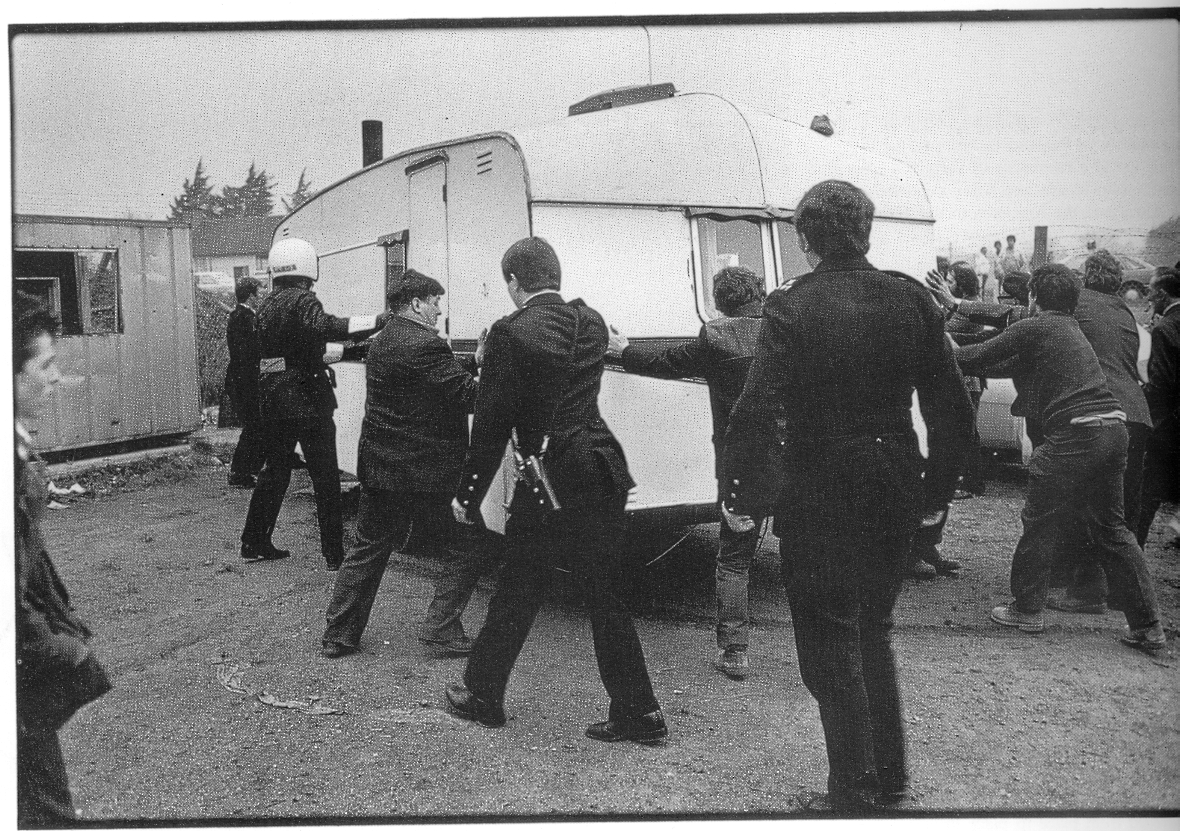
Racism and Discrimination
As a community, Travellers have experienced extreme levels of racism, discrimination and social exclusion, as a survey commissioned by the Citizen Traveller Campaign in 2000 demonstrates:-
“36% of Irish people would avoid Travellers; 97% would not accept Travellers as members of their family; 80% would not accept a Traveller as a friend; and 44% would not want Travellers to be members of their community. (NACD)”
Travellers are amongst the most disadvantaged and marginalised groups in Irish society today, if not the most. As a community, they fare badly on every indicator used to measure disadvantage; unemployment, poverty, social exclusion, health status, infant mortality, life expectancy, illiteracy, formal education and training levels.
 Travellers have experienced discrimination at personal, intrapersonal and institutional levels. While the enactment of the “Equal Status Act” in 2000 now provides some redress for Travellers who have experienced discrimination at institutional level, they still have to face the general public, the settled majority on a daily basis.
Travellers have experienced discrimination at personal, intrapersonal and institutional levels. While the enactment of the “Equal Status Act” in 2000 now provides some redress for Travellers who have experienced discrimination at institutional level, they still have to face the general public, the settled majority on a daily basis.
Uneven social encounter combined with complex relations with state institutions pits Travellers against the settled community at every level of social interaction. The uptake of mainstream services by the Traveller community is historically low, as a lack of cultural awareness in such agencies that provided satisfactorily for the majority population, often left Travellers feeling disillusioned and misunderstood. Shame and fear of both judgement and exposure are further inhibitors to service engagement within the community.
This background has important implications for counselling services. Discrimination and stigma mean that Travellers do not feel valued and create a strongly negative self-image. Although Traveller organizations encourage Travellers to value their identity, tradition and culture, in reality many find this difficult. Travellers are constantly aware that they are seen and appraised as Travellers, in day-to-day situations, in a negative way: Travellers receive a message that their community is primitive, backward, stupid, even criminal. This makes it difficult to develop a sense of pride: more, it creates a sense of shame and a range of accompanying psychological problems.
Many become very ambivalent about their Traveller identity, while some respond by breaking away from and denying their Traveller identity. Communities under extreme stress often respond in a self-destructive way, manifested in domestic violence and feuding between families. Men have been especially marginalized by economic and social change.
